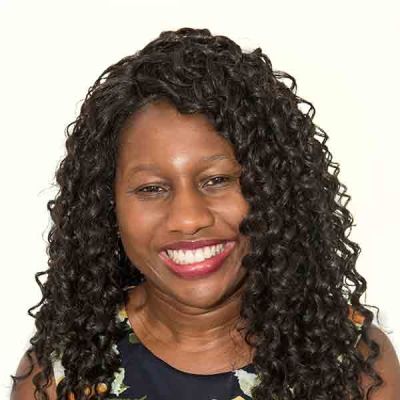Staff Profile

Margaret Rioga
- Associate Professor Education and
- Professional Practice/Head of Practice Learning Institute of Health and Social Care
College of Health and Society
Margaret Rioga
- Associate Professor Education and
- Professional Practice/Head of Practice Learning Institute of Health and Social Care
College of Health and Society
-
I work at Buckinghamshire New University as an Associate Professor Education and Professional Practice/Head of Practice Learning in the Institute of Health and Social Care. I am a Fellow of the Higher Education Academy, Trustee of the Society of African Nurses and Midwives, Chair of the United Kingdom Simulated Practice Learning Group and External Examiner for University of Huddersfield.
I am a registered Mental Health Nurse and prior to the University had over 10 years’ experience of working in Forensic Mental Health Services. My extensive experience of working with various types of mental health conditions, especially within Forensic Mental Health settings has influenced my expertise in strengths-based approaches to mental health care, public and patient engagement and development of Recovery Colleges and peer support worker roles. I am currently completing my professional doctorate titled, ‘A conceptual educational support model for under-graduate students in Higher Educational Institutions in England.’
My specialist knowledge in mental health has led me to work with a range of private and public healthcare providers such as Central Northwest London NHS Foundation Trust on projects such as the Safe, Compassionate and Reflective Fair (SCARF) Project. I have also worked on NHS England (previously Health Education England) projects such as the Third Sector Involvement Champions Project where I trained people with a diagnosed learning disability and autism to be Experts By Experience working with partners to promote service change and policy development. More recently, I was funded by NHS England (previously Health Education England) to successfully pioneer the introduction of the Peer Enhanced e-Placement (PEEP) for mental health nursing in England. The success of this work led the development of the North-west and South-west London PEEP project.
I am also Chair of the Race Equality Network which was established in October 2020. The aim of the network is to provide a platform where members (BNU staff of colour and allies) can learn about diversity in an inclusive and open environment, which promotes connectivity and personal growth. The REN has significantly influenced the change in culture at BNU where inclusion, equality and diversity is championed to promote a diverse workforce.
I have dedicated my career to teaching and learning in the field of mental health and positive psychology, pursuing opportunities for innovation and introducing curricula which is accessible, inclusive and diversely engaging for students. My work at BNU was recently recognised in the 2023 BNU Impact Awards where I was awarded the Vice Chancellor’s Award.